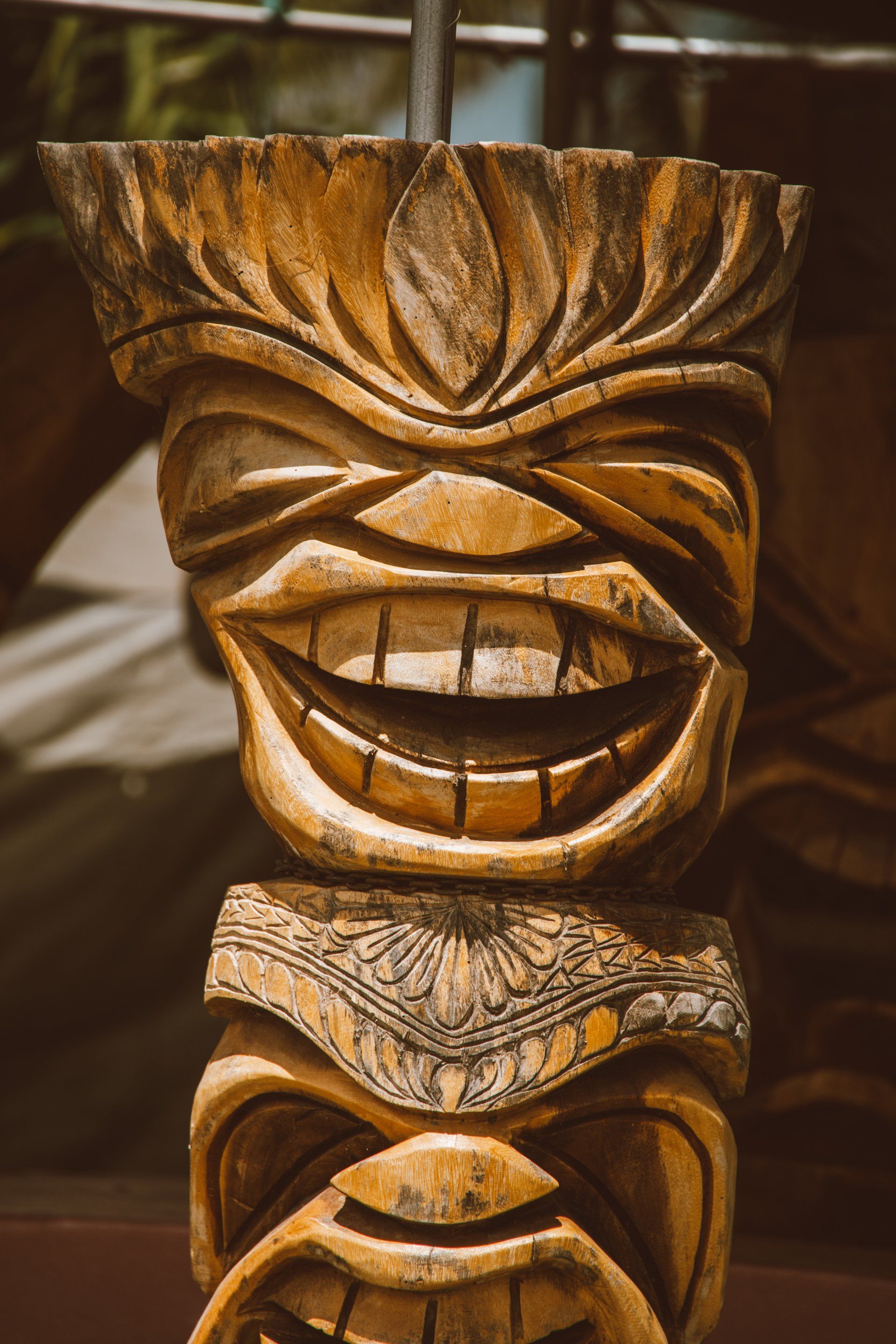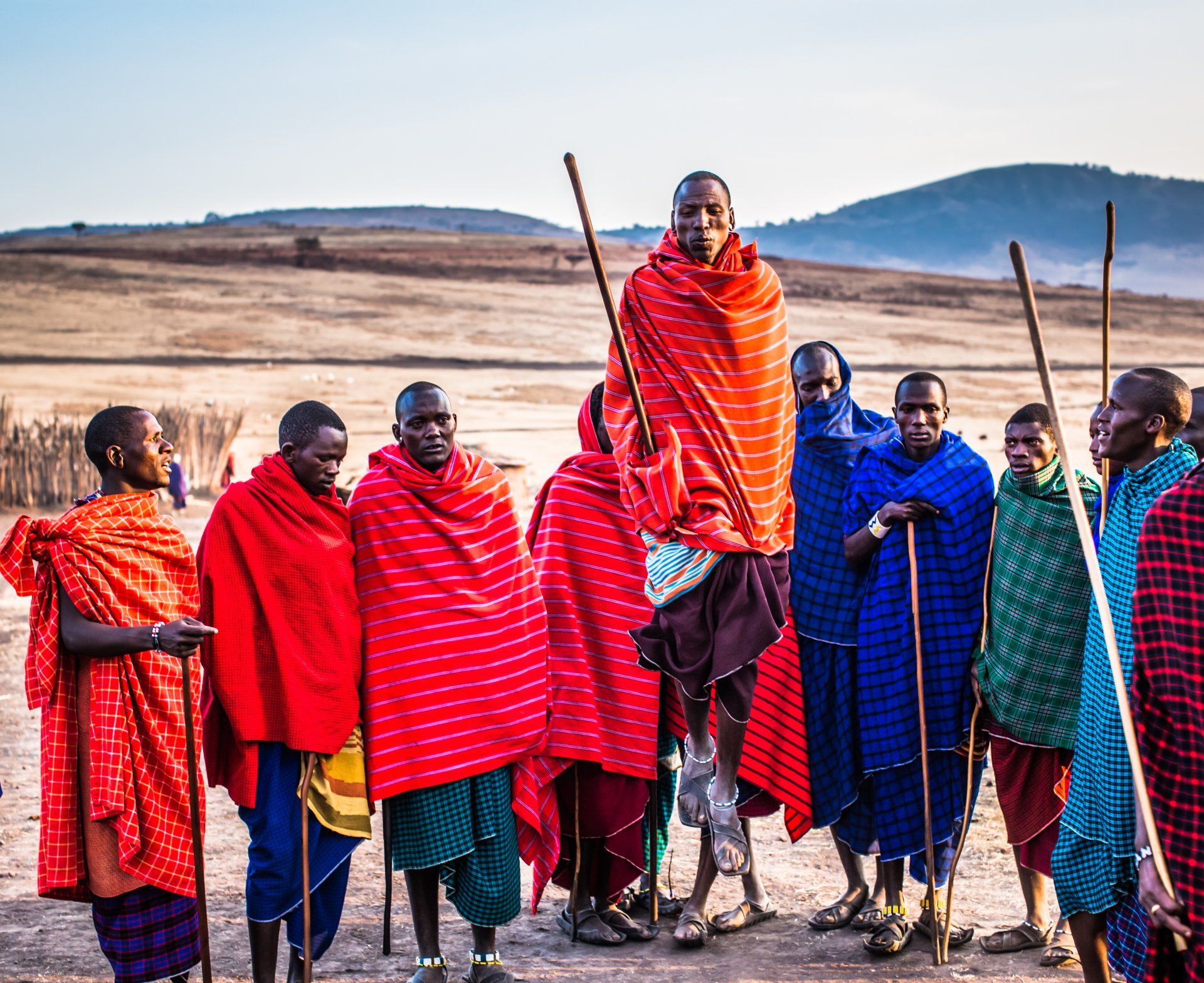Tribal Tuesday: Pygmy
"Happiness can grow from only a little contentment."
-Pygmy Proverb

Originating from the dense rainforests of Central Africa, the Pygmies have captivated anthropologists and researchers for centuries with their unique culture, lifestyles, and history.
The Pygmies, also referred to as the "forest people" are one of the oldest indigenous groups in Africa. They are known for their short stature, typically ranging from 4 feet 6 inches to 5 feet 5 inches, making them one of the shortest human populations in the world. However, their physical appearance is just one aspect of their rich heritage.
Living in harmony with nature, the Pygmies have developed an intricate knowledge of the rainforest ecosystem. They possess an exceptional understanding of the flora and fauna, utilizing their expertise to gather food, medicinal plants, and other resources necessary for their survival. Their deep connection with the forest is reflected in their spiritual beliefs, which often revolve around nature spirits and ancestral worship.
The Pygmy tribe is not a homogenous group but rather consists of several distinct ethnicities, each with its own language and cultural practices. Some of the prominent Pygmy groups include the Baka, Aka, Mbuti, and Twa. Despite their linguistic and cultural diversity, they share common characteristics such as their hunter-gatherer lifestyle, communal living arrangements, and egalitarian social structures.
Traditionally, Pygmy societies are organized into small bands or clans, led by respected elders or shamans. These leaders play a crucial role in maintaining social harmony and resolving conflicts within the community. Gender roles are relatively egalitarian, with both men and women contributing to the group's survival through hunting, gathering, and childcare.
Music and dance hold immense significance in Pygmy culture. Their vibrant melodies and rhythmic movements are not only a form of entertainment but also serve as a means of communication, storytelling, and spiritual expression. Pygmy music has gained international recognition for its unique polyphonic singing, characterized by multiple voices harmonizing together in a mesmerizing manner.
In recent times, the Pygmy tribe has faced numerous challenges due to deforestation, encroachment on their ancestral lands, and cultural assimilation. Efforts are being made by various organizations and governments to protect their rights, preserve their cultural heritage, and ensure sustainable development in their territories.
In conclusion, the Pygmy tribe is a remarkable group of people whose deep connection with the rainforest, and unique cultural practices have fascinated researchers and anthropologists for generations. Their knowledge of the natural world, egalitarian social structures, and vibrant musical traditions make them a truly extraordinary community. It is our responsibility to appreciate and respect their heritage, ensuring their existence continues for generations to come.
For more information on the Pygmy tribe and how you can get involved, please visit Land is life - Connecting businesses with high impact small charities | Matthew Good Foundation.
customercare@naturallynaquai..com
naturallynaquai.com
@naturallynaquai
2641 S State S, STE A
South Salt Lake, UT
84115
Naturally NaQuai 2021


